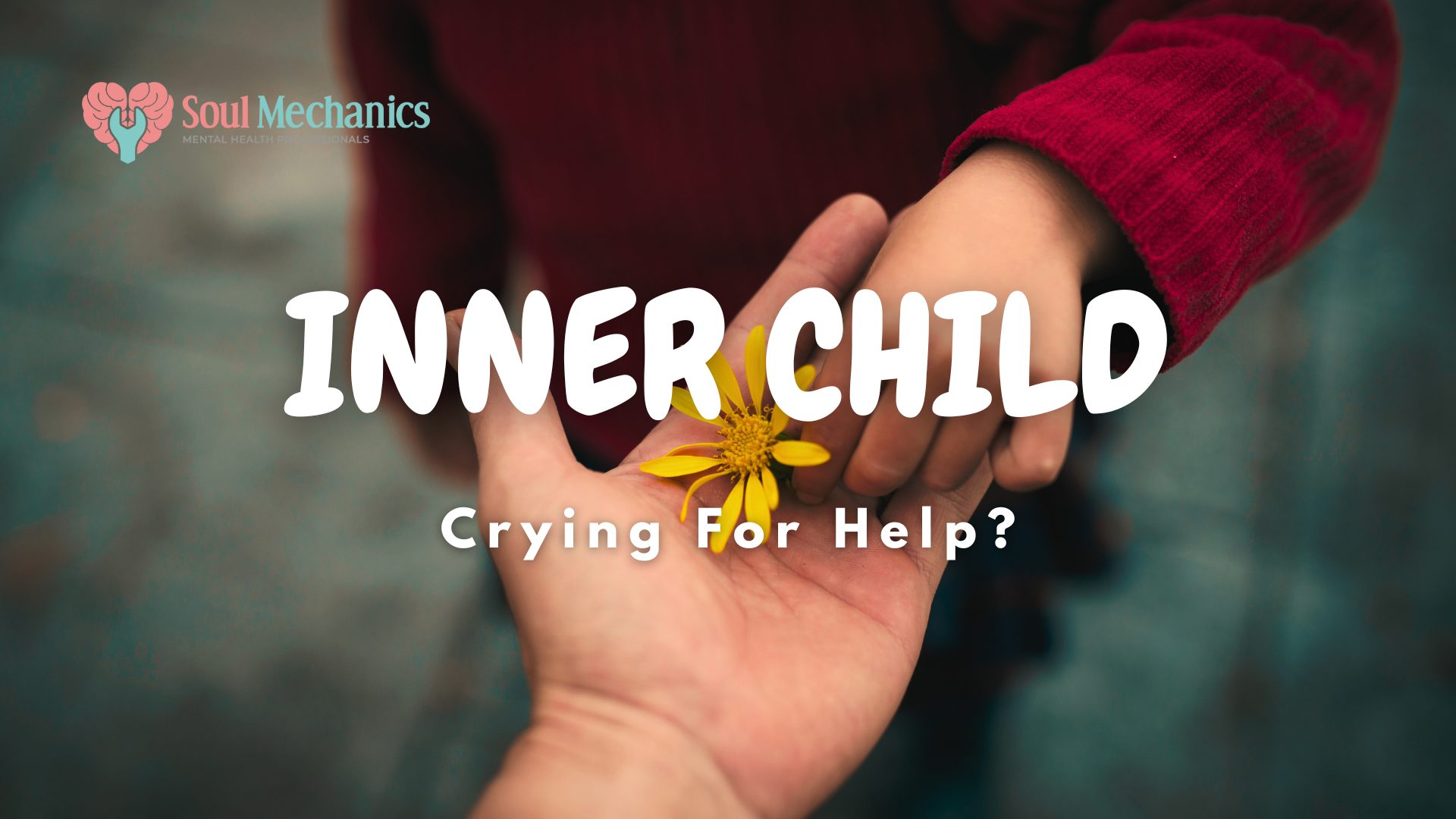Inner Child Crying For Help?
Inner Child Crying For Help?

Written By: Shaundtrya Ganasan, Licensed Counselor (KB11097)
Inner child crying for help - does that sound crazy?
“I am just fine, why would my inner child need help when I am doing better at managing myself?” Well, no matter how unbelievable it may sound, that can be the truth for many of us.
How to Hear Its Silent Scream?
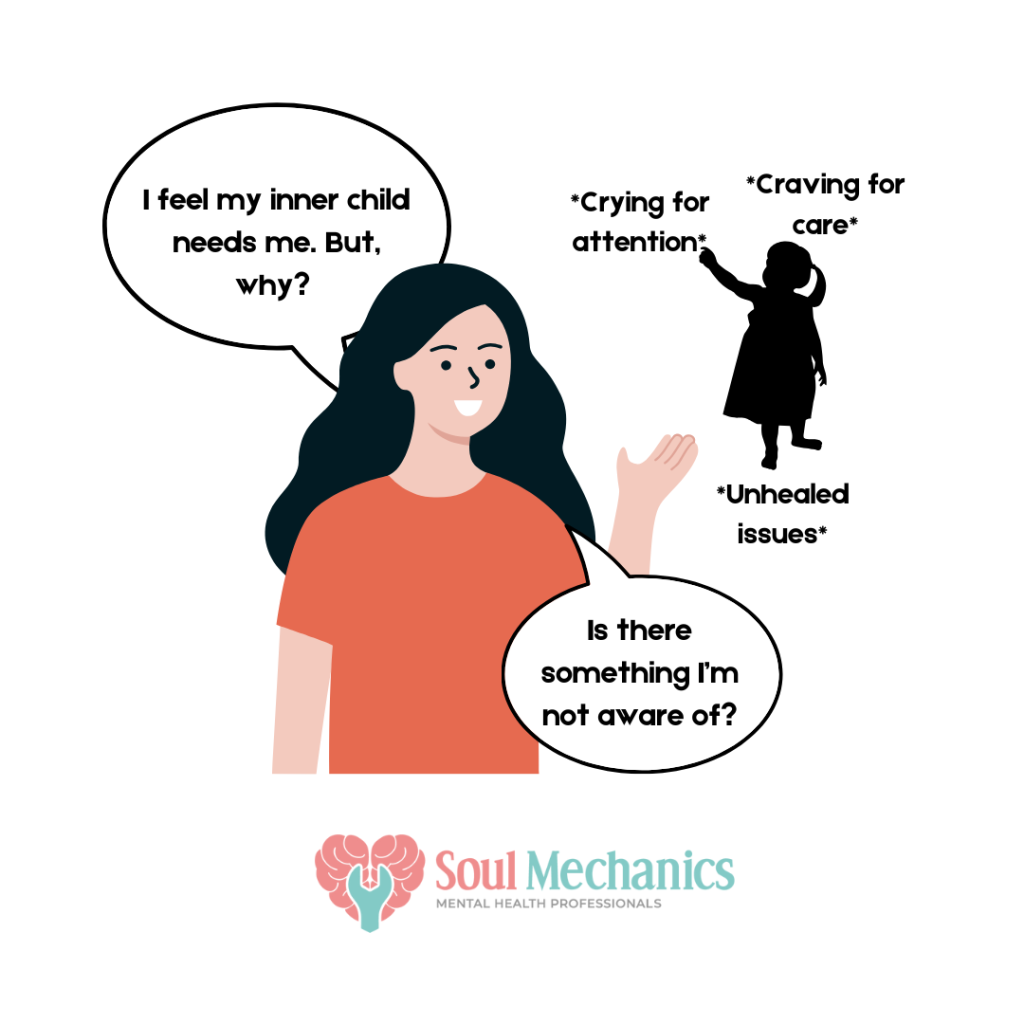
We all have this little voice within us that craves love, support and validation. It may not always be loud, where oftentimes it is easy to ignore it, but it’s there. The usually forgotten or pushed aside part of you - your inner child.
The voice of your inner child is real. When it’s crying for help, it can feel overwhelming. You may feel like you’re acting out or getting triggered by insignificant small matters. But how to know whether it’s the "inner you" or your adult self is acting up?
In this article, let’s understand your inner child, its yearning for our help and love, its impact on your mental and emotional well-being and how to nurture and re-parent your inner child for greater healing.
Hey, but don’t worry, let’s make this journey with sparkles of laughter as well. Why not? Who said emotional growth can’t include fun and laughter along these lines?
What is Inner Child, Anyway?
If you’ve heard about the 'inner child' term being thrown around in many self-help books or during therapy sessions but are not quite sure what it exactly means, then trust me, you’re not alone. Inner child refers to the part or version of you that holds onto certain memories, feelings, or experiences, especially from your early years of life. It can also be the innocent, naive and vulnerable part of you that yearns for validation, comfort and attention.
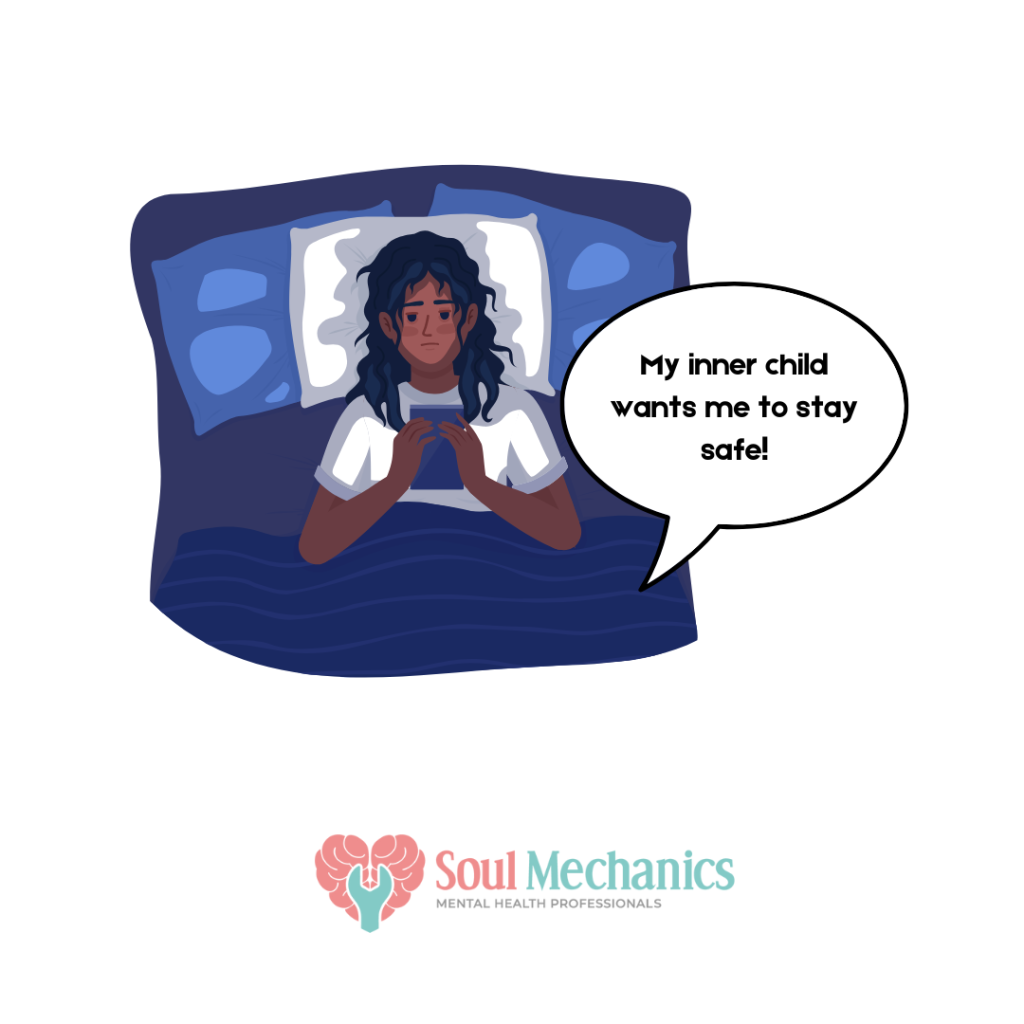
Now imagine your inner child as the mini version of you. It has almost the same fears, emotional needs, or desires as you. But it is lacking your adult coping skills. And TING! (Bulb moment)! That can be why when you face stressors or emotional challenges, your inner child can show up. It often manifests feelings of anxiousness, insecurity or frustration. And take control over you and react almost as it always does in the past - using its bag of old, not updated copings.
Why Your Inner Child Is So Important?
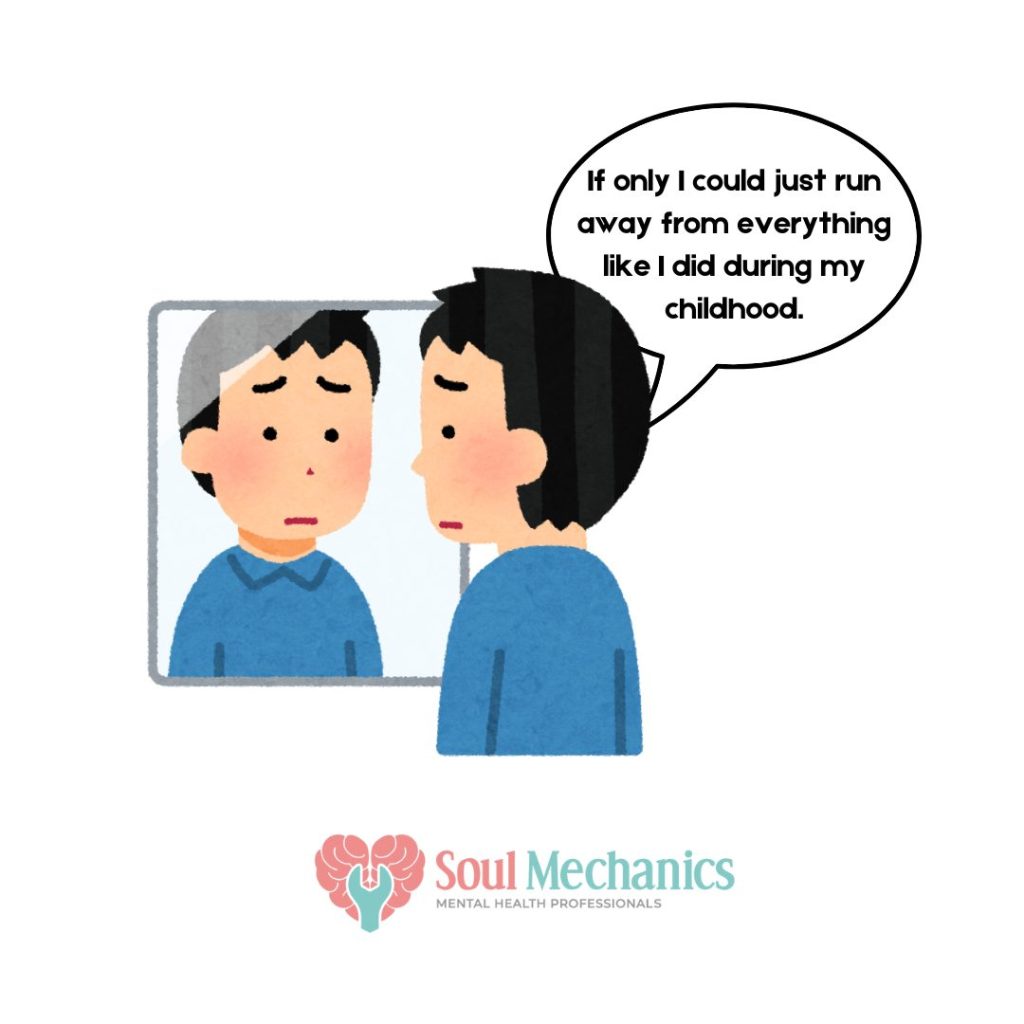
Your inner child is more than just a metaphor. It’s the heart of your emotional well-being. The way your inner child was treated and grown-up - be it with love and attention or trauma and neglect - can significantly impact the way you approach and react towards emotions as an adult. Suppose the "inner you" didn’t grow up in an emotionally nurturing environment. In that case, it can cause unresolved emotional wounds beneath the consciousness that can often show up in unexpected ways in adulthood.
Imagine this: If your inner child didn’t get the emotional love it needed back then, in the present, you may find yourself unconsciously trying to fill the void. This can lead to things like feelings of abandonment in relationships, unhealthy coping for temporary pleasure, overreaction to small triggers, or experiencing a lack of self-worth.
Signs Your Inner Child is Crying for Help
It’s easier to ignore the quiet, subtle pleas for help from the "inner you" - especially when life gets overwhelming and occupied. But pushing it aside will not make it go away. It makes things worse. Below are a few signs that your inner child may be crying out for help:
You Easily Get Triggered by Small Things
Ever been triggered for something so trivial? Maybe your friend forgot to reply to your text, or your food order was wrong. Although these things may appear to be insignificant, your inner child could be reacting to what it feels or sees as neglect or abandonment.
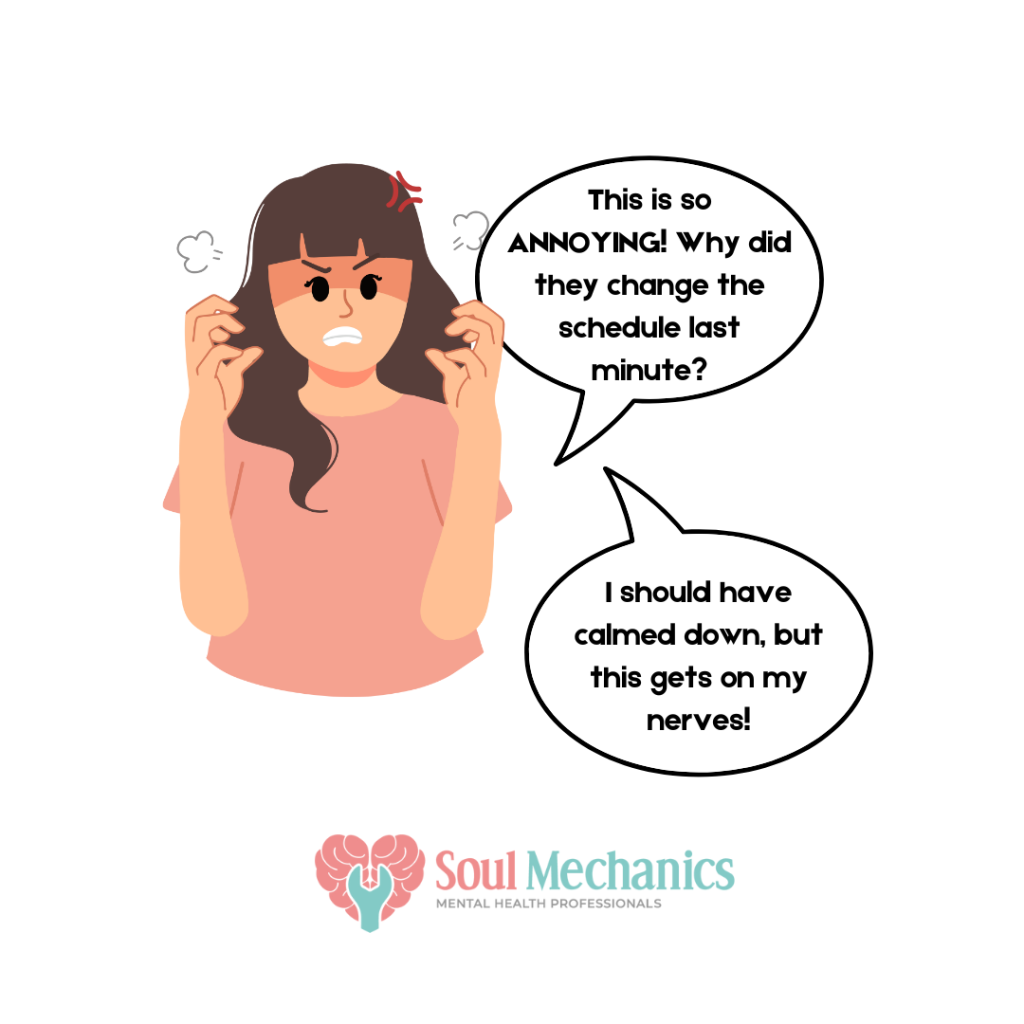
“Why does this small thing bother you so much? I’m a grown-up, I must not feel upset over this!” If this is your frequent internal monologue, the "inner you" probably sends you signals that it is distressed (almost nearing boiling point!). This emotional overreaction is usually its cry for reassurance and love.
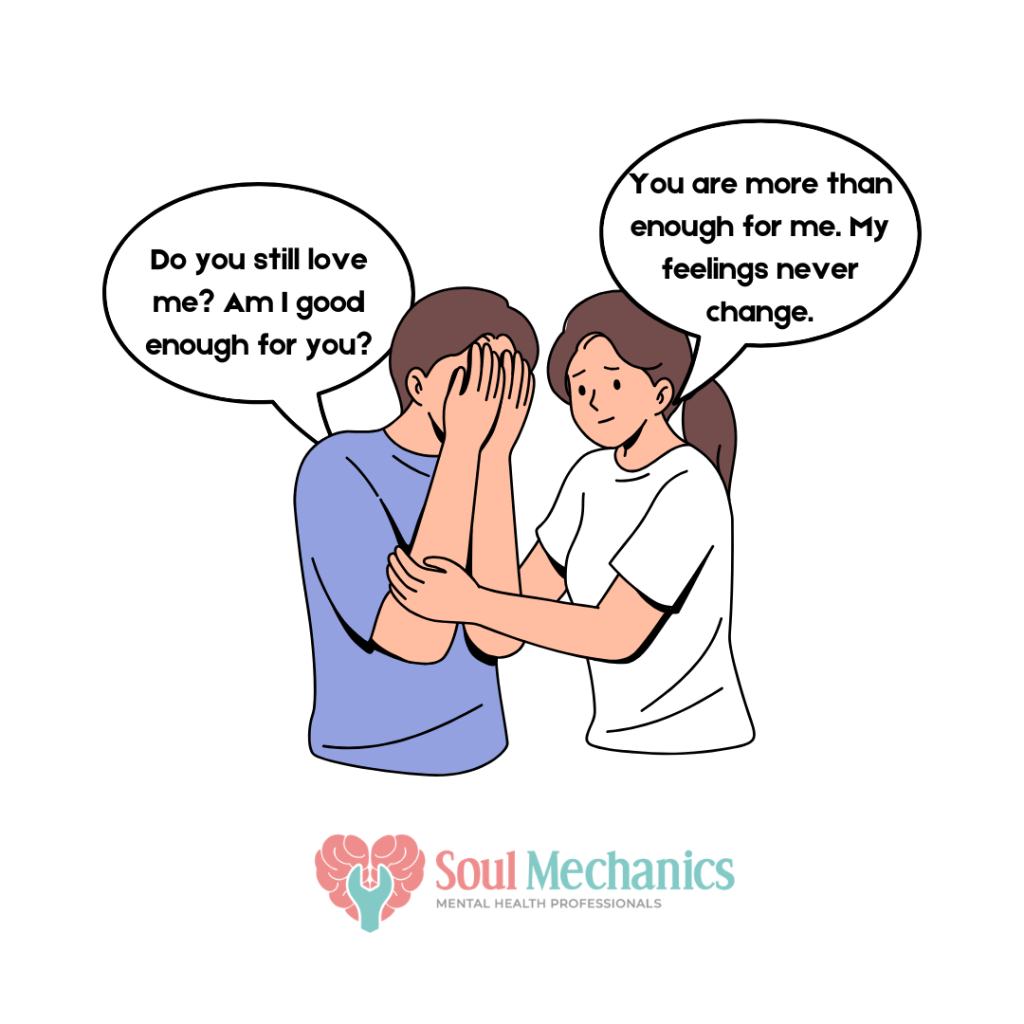
You Feel Like You’re Always ‘Too Much’
If you constantly feel like your feelings are overbearing or that you’re “too much” for the people you love, this could be a reflection of your inner child’s unresolved pain or unmet needs. As a child, you may been told to “stop being sensitive” or “calm down” which may have led you to suppress your emotions and feel like a burden when you express yourself.
When the “inner you” feels abandoned or dismissed, it may resort to more loud, exaggerated emotional responses or expressions to get your attention.
You Struggle with Boundaries
Struggling to set or maintain healthy boundaries is often tied to your inner child wounds. If you had experiences of boundaries not being respected as a child, you may either be a people-please or be overly defensive as a grown-up. Although your inner child’s intention may be to protect you from potential hurt, without healthy boundaries, it often makes you feel drained and helpless.
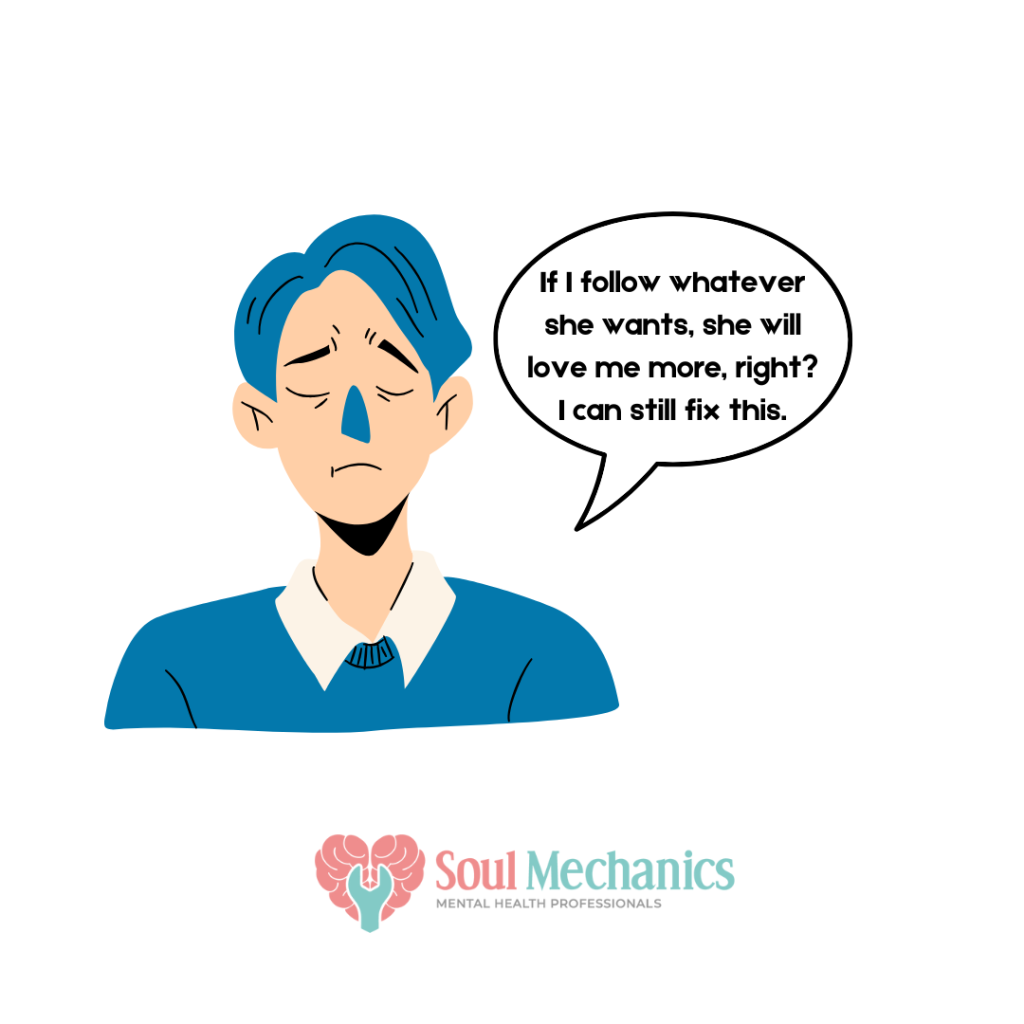
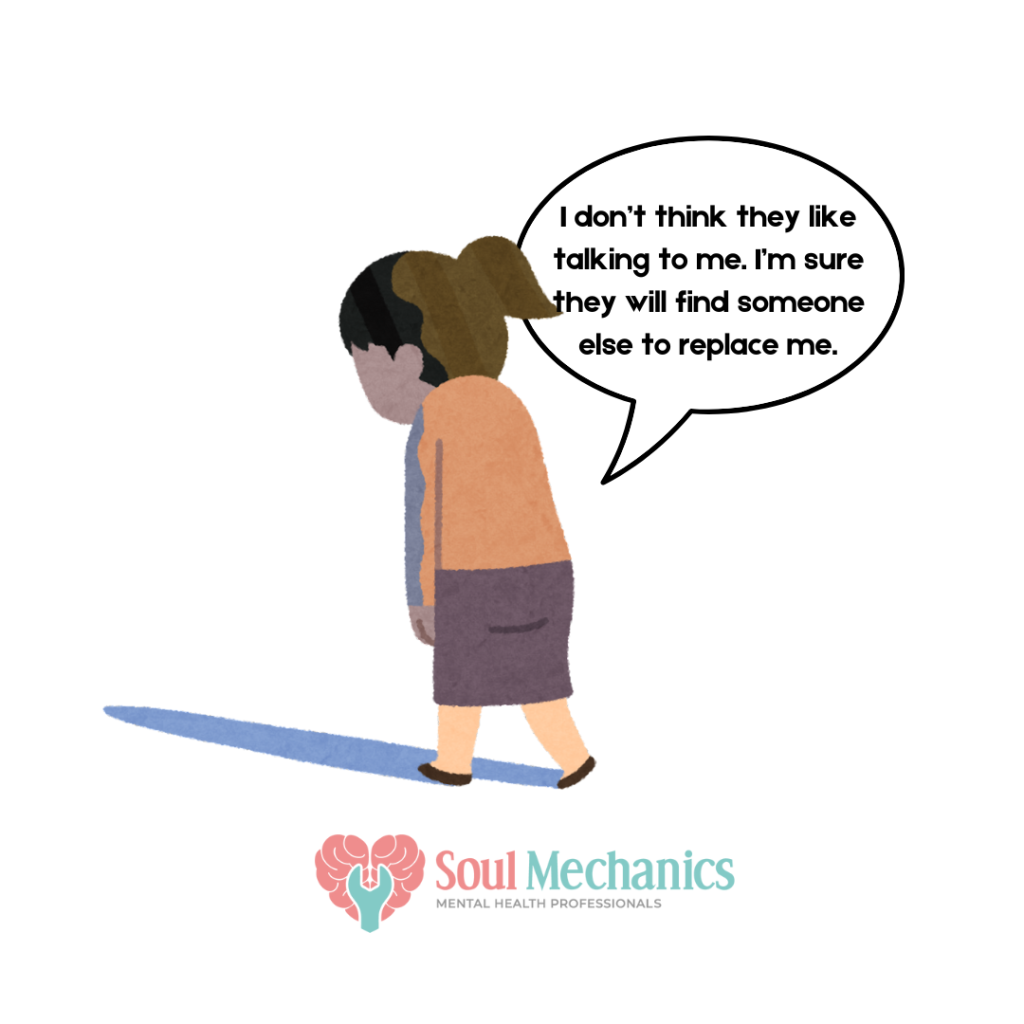
You Have Unexplained Anxiety or Fear
Have you ever felt a sudden spike in anxiousness or fear that doesn’t have a valid reason? That can possibly be your inner child reacting to old triggers - things or incidents that remind you of past pain or neglect. Anxiousness often arises when your inner child does not feel safe, and without acknowledging these fears, they may continue to resurface as you grow older.
You Find Yourself ‘Stuck’ in Old Patterns
We all have patterns or certain habits that we find tough to shake, even though we know they’re unhealthy. Be it self-sabotaging, seeking toxic relationships or even procrastinating tasks, these patterns usually shadow from unhealed issues from childhood. Your inner child might feel stuck in this loop of old habits, waiting for you to take charge and help it to heal and grow.
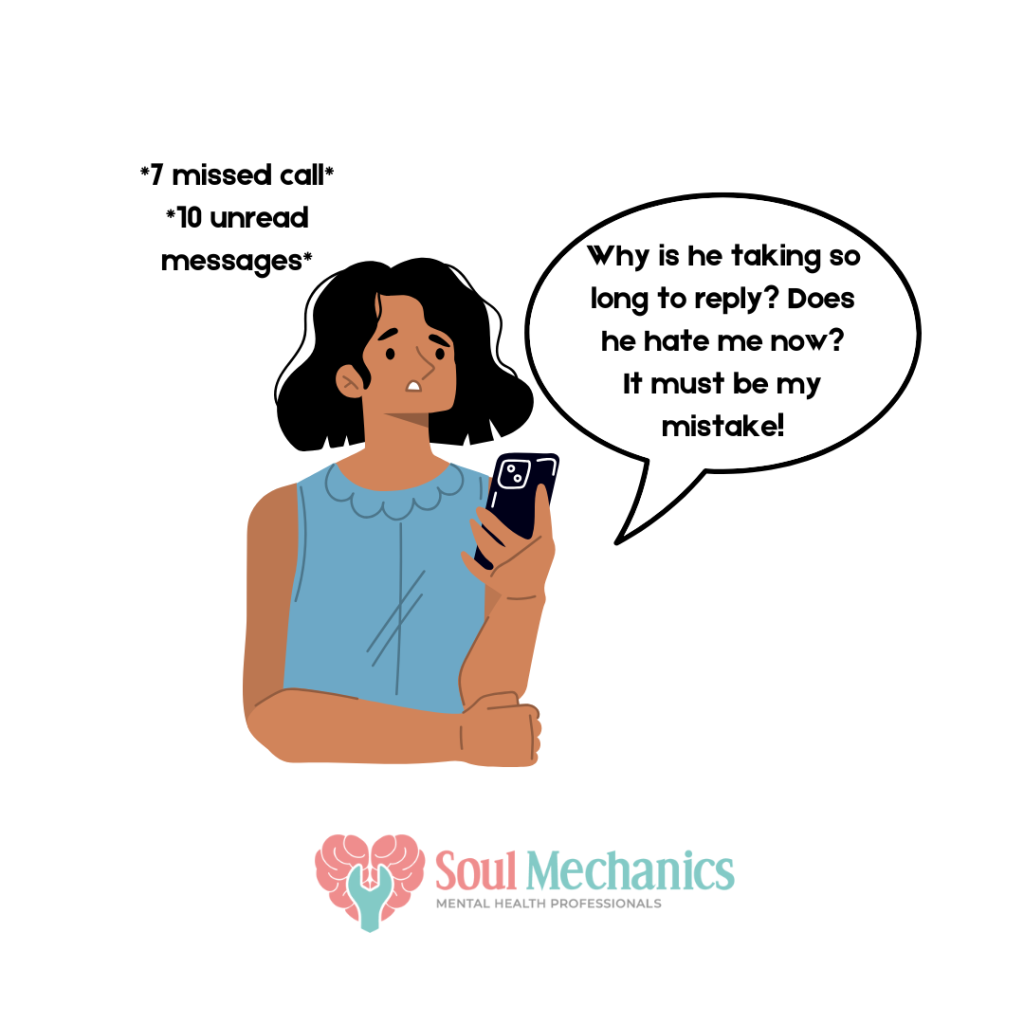
How to Start Healing Your Inner Child?
Now that you are aware of the signs if you’re 'inner you' is unhappy, it’s time to focus on healing it as well. Wait! It does not need you to become a child again (trust me, we all don’t want to relive our awkward middle school phase), but to nurture the vulnerable part of you in a way that helps you to live life more fulfilling as a grown-up. Below are some ways to start the healing process:
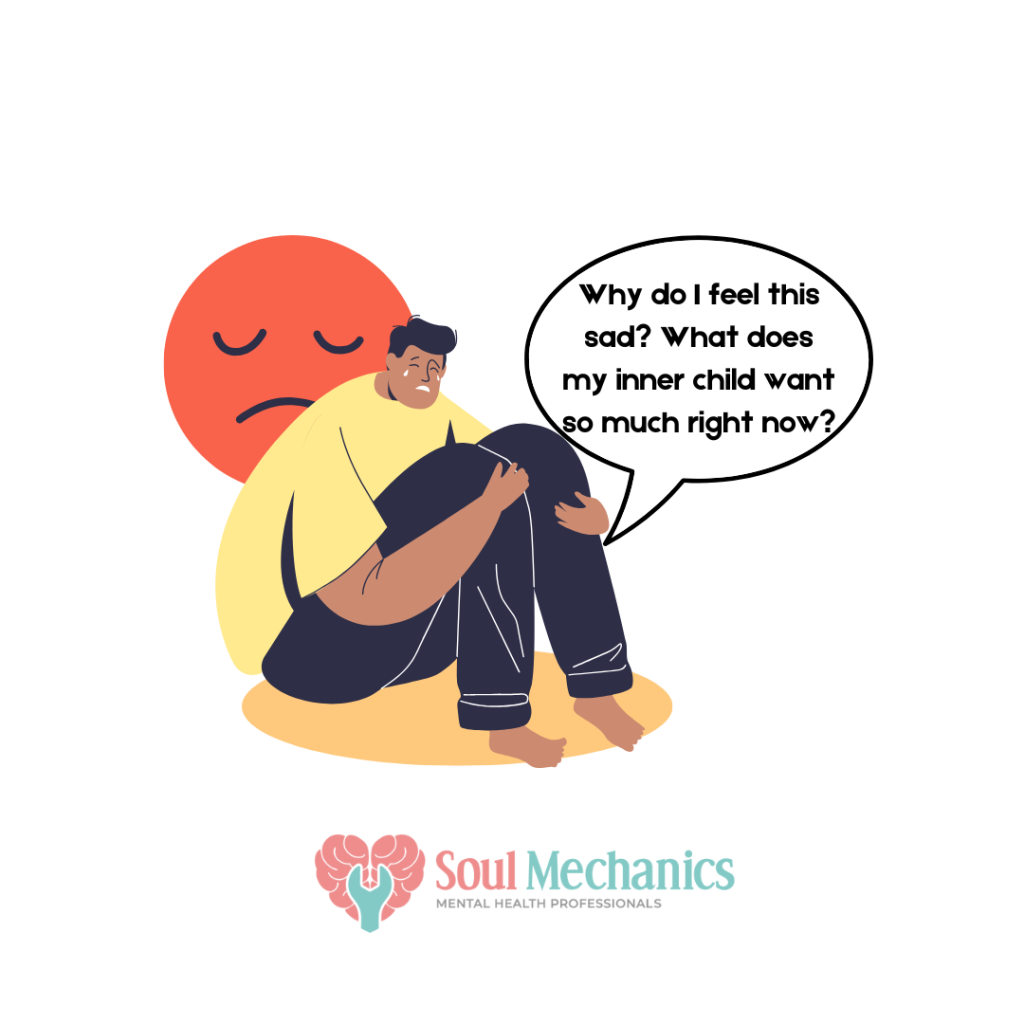
Acknowledge Your Inner Child’s Needs
The initial step to healing is to recognize the existence of your inner child and it has some emotional needs that may not have been met. Take a moment to sit with it, if it feels too much, it's okay to anchor on writing, colouring, scribbling or any other comforting activity while you connect with the ‘inner you’. Allow yourself to feel any emotions that arise. This step is the heart of reconnecting with your ‘inner you’ and understanding its unmet needs.
Practice Compassion & Self-Love
Your inner child wants nothing more than to feel accepted and loved by you. It’s time to give the ‘inner you’ with some compassion and warmth that you may have missed out on during your early life experiences. Practice your own self-care rituals that make you feel cherished and loved - be it through allowing yourself to relax, journaling, or treating yourself with a cup of your favourite beverage.
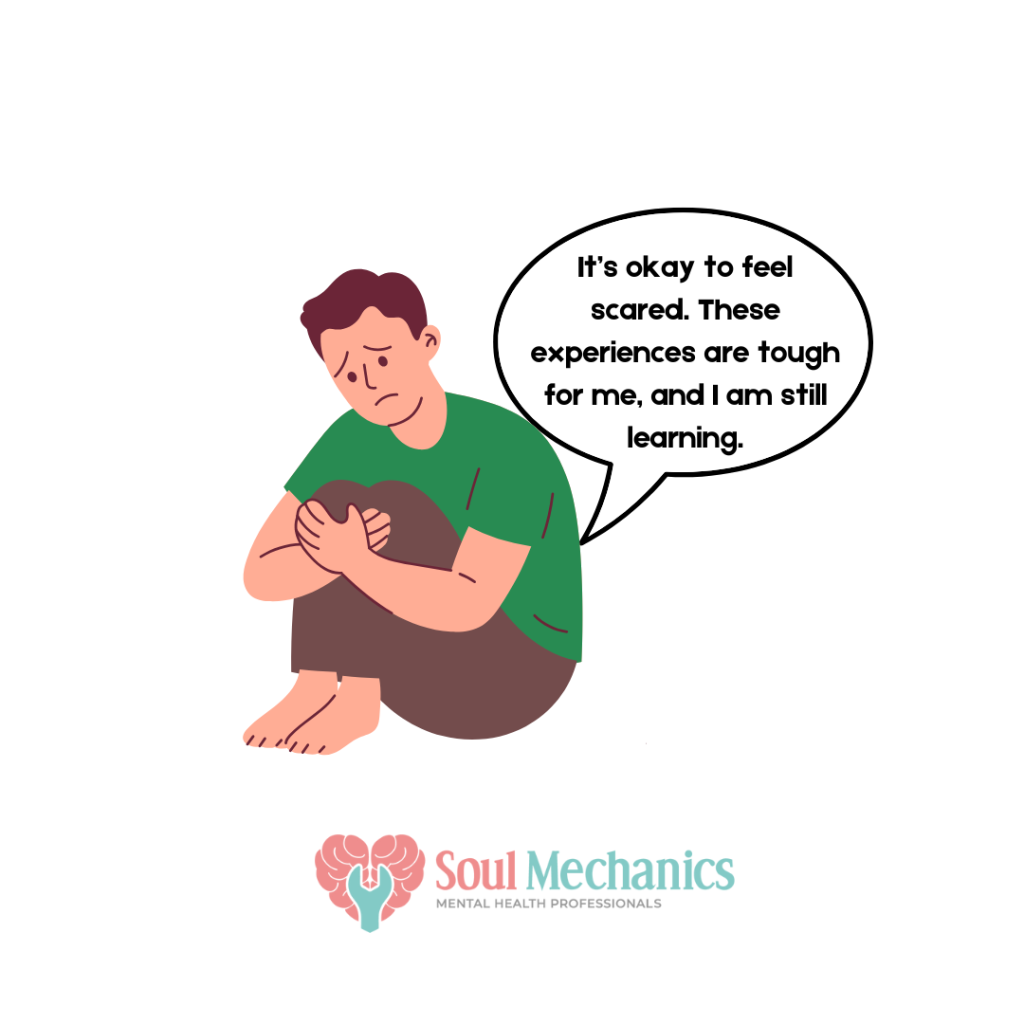
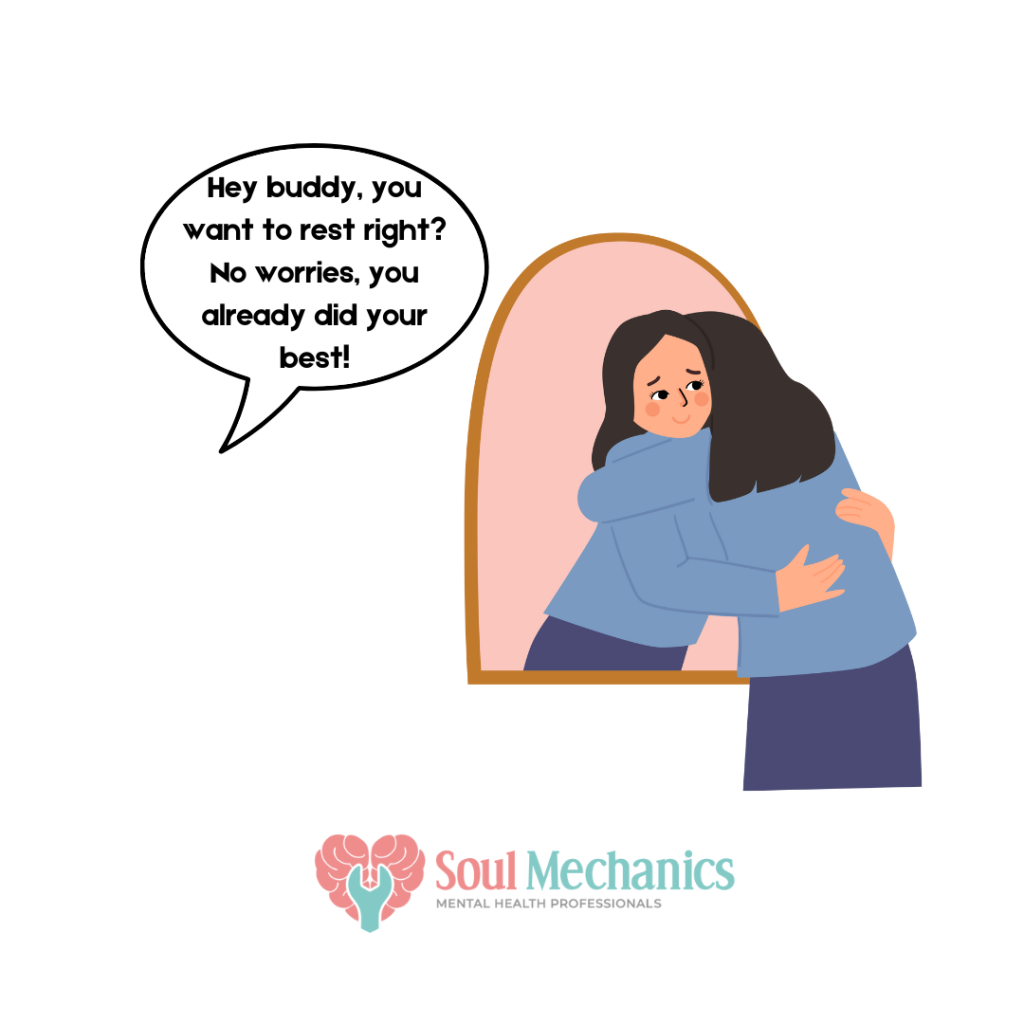
Reparent Yourself
Although this can sound intense, reparenting yourself is one of the powerful approaches to healing your inner child. It involves you embracing the role of a nurturing and supporting parent that your inner child may have missed. Give yourself the freedom to make mistakes, be imperfect, and also allow shortcomings as a lesson not a bad mark on yourself.
You can start small by offering yourself a cup of coffee after a long day, giving yourself a 10-minute music break, or simply telling yourself “We’ve got this!”.
Create a Safe Emotional Space
The more you start nurturing and creating emotional safety for your inner child, the more it will start feeling secure with you. This safety involves respecting your boundaries, validating your emotions, and making choices that honour your needs as well. When your inner child feels seen, it gradually stops crying out of pain and starts healing.
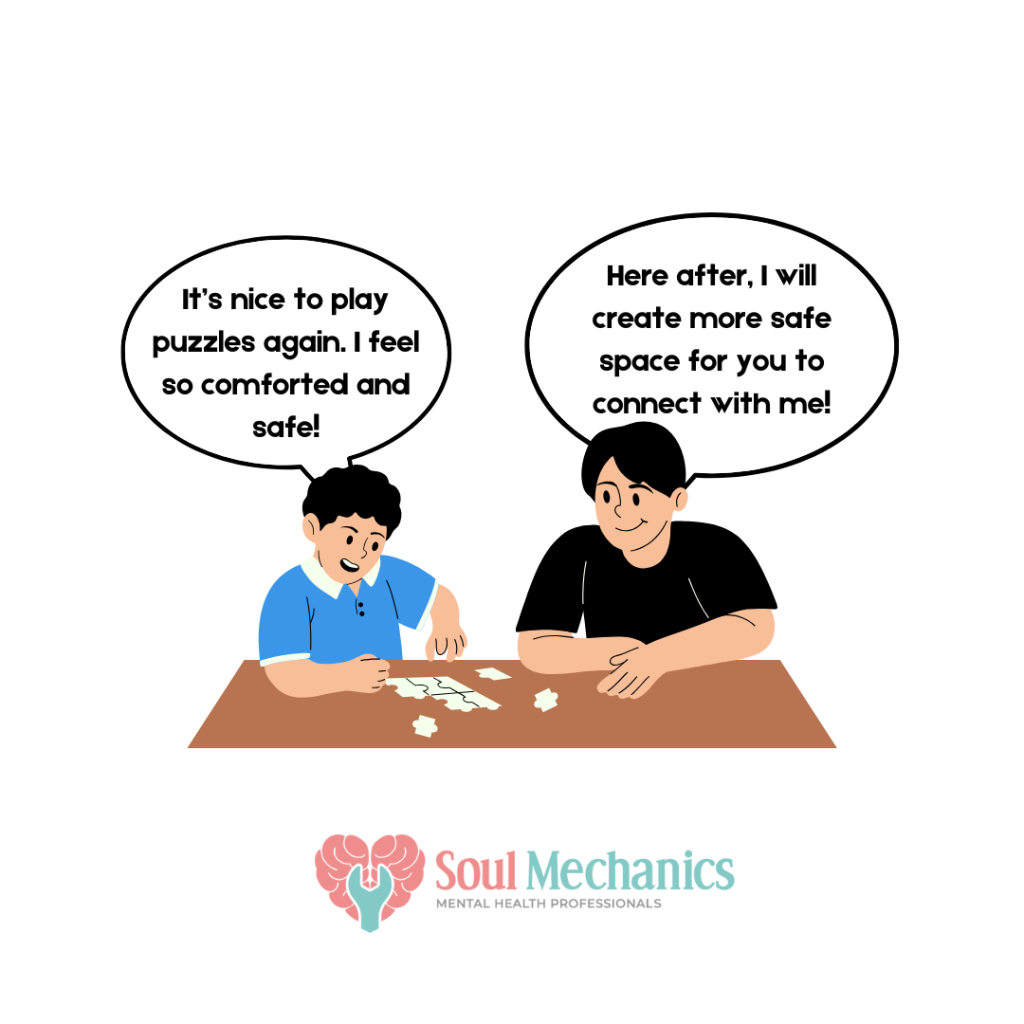
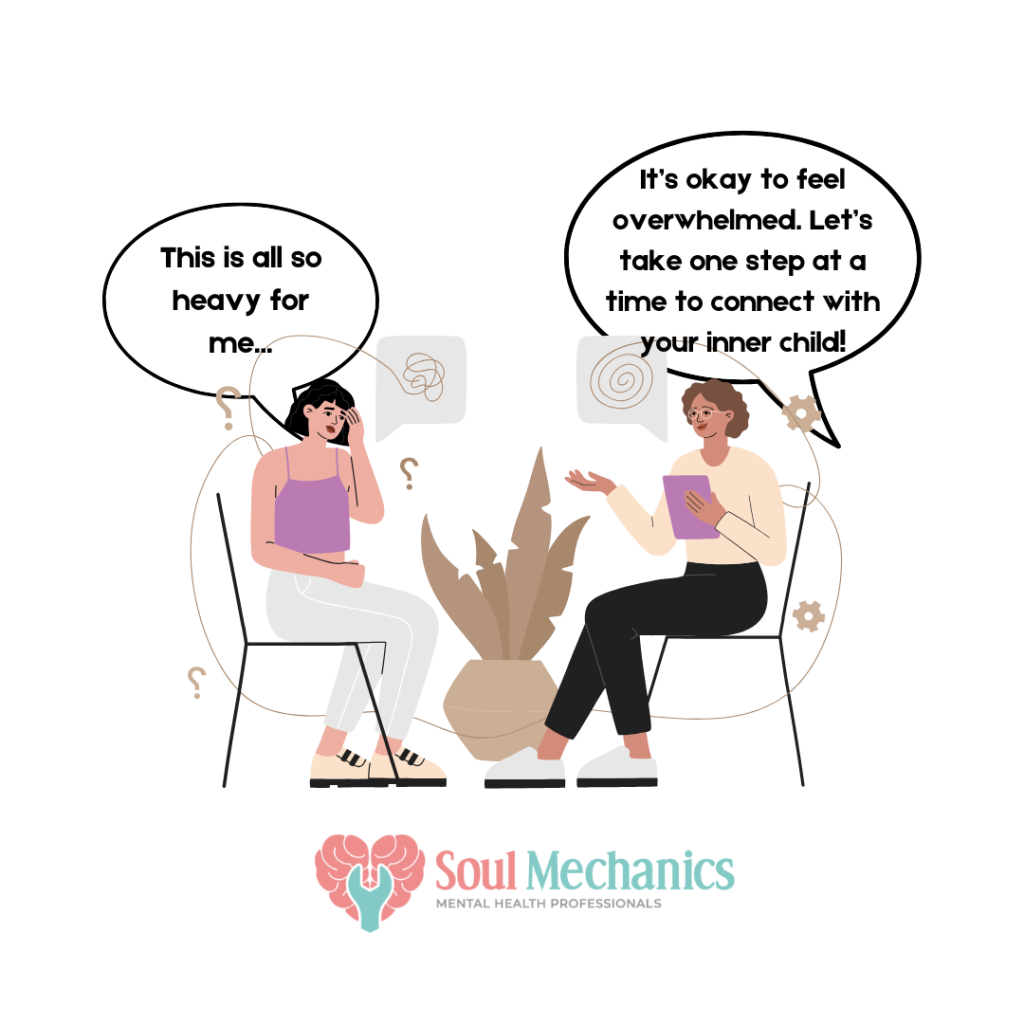
Seek Professional Support
Sometimes your inner child may be carrying heavy emotional baggage that can be tough for you to address and heal alone. Therapy can be a comforting space that provides suitable tools and approaches to healing in this process. A trained mental health therapist, especially in inner child work can guide you to heal gradually and develop healthier emotional responses to life stressors.
Conclusion
"Listen to Your Inner Child."
Healing your inner child is not something that can happen immediately. But it’s worth the process and effort. This journey is about reconnecting with your innocent yet vulnerable and showing them the warmth and love they deserve. Always remember, it’s okay to laugh your heart out, to stumble and be compassionate with yourself.
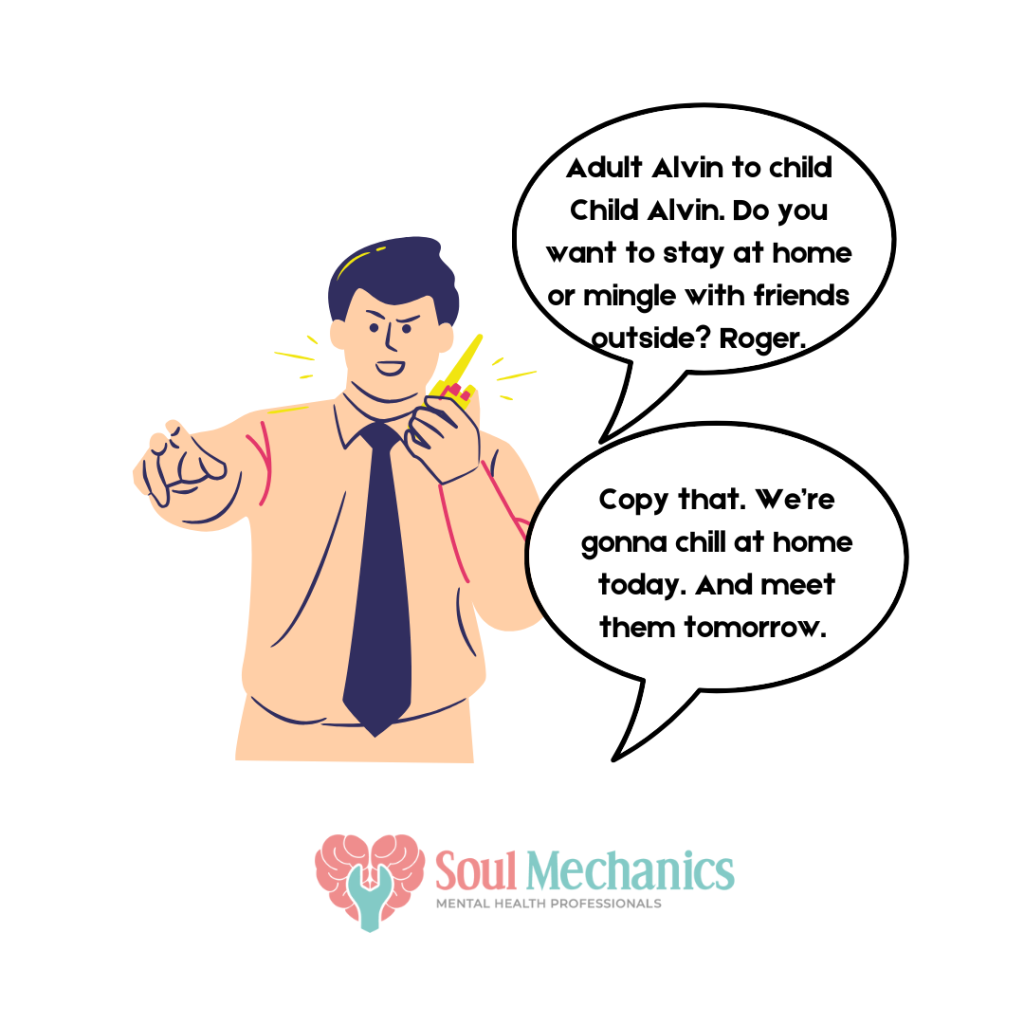
Your inner child does not need perfection from you. It simply yearns to be heard and seen. So, take a short moment today to check with the inner you. Offer it with a warm hug, soothing words, or just a space to feel whatever it wants to feel. After all, the crucial step of healing is to listen.
If you’re looking for a therapist in Kota Damansara or Ipoh area, you can click here for more information.
If you enjoyed reading this, why not broaden the horizon of knowledge by learning about "Inner Child Healing (Part 2)"? You can read the blog here.
For more content related to mental health do follow us on our official Instagram.

